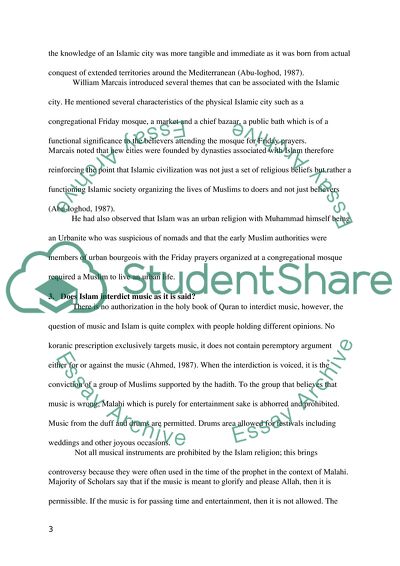Cite this document
(Anthropology Questions Assignment Example | Topics and Well Written Essays - 1500 words, n.d.)
Anthropology Questions Assignment Example | Topics and Well Written Essays - 1500 words. https://studentshare.org/anthropology/1845556-questios
Anthropology Questions Assignment Example | Topics and Well Written Essays - 1500 words. https://studentshare.org/anthropology/1845556-questios
(Anthropology Questions Assignment Example | Topics and Well Written Essays - 1500 Words)
Anthropology Questions Assignment Example | Topics and Well Written Essays - 1500 Words. https://studentshare.org/anthropology/1845556-questios.
Anthropology Questions Assignment Example | Topics and Well Written Essays - 1500 Words. https://studentshare.org/anthropology/1845556-questios.
“Anthropology Questions Assignment Example | Topics and Well Written Essays - 1500 Words”. https://studentshare.org/anthropology/1845556-questios.


